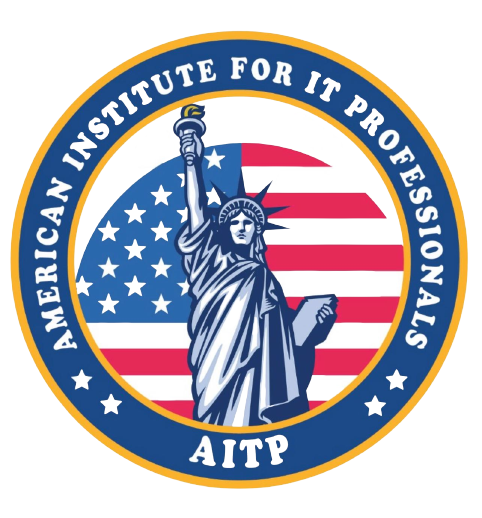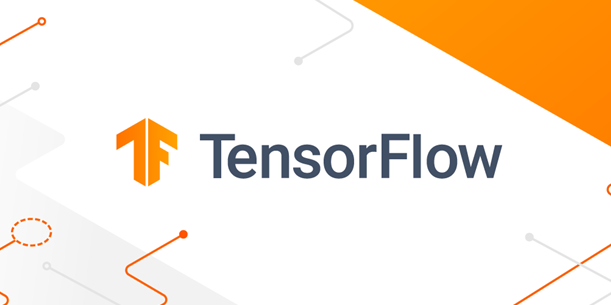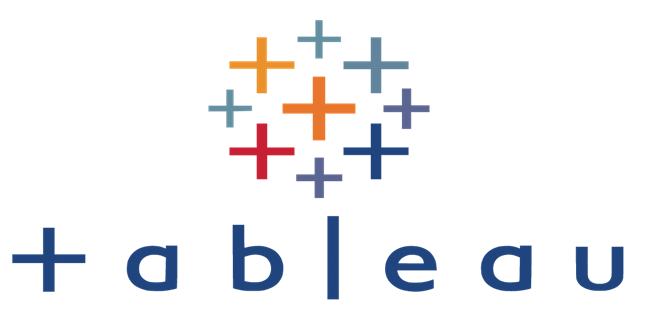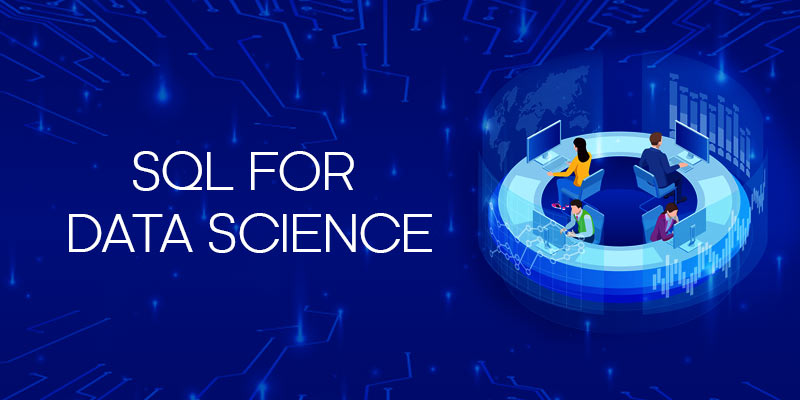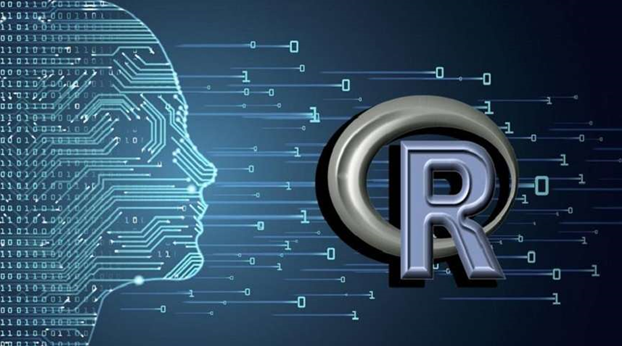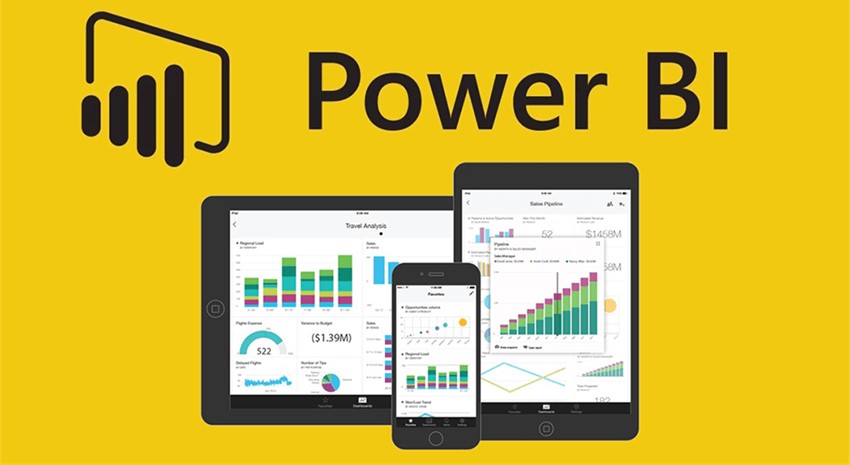10 Best Python Tools, Libraries, and IDEs You Can Learn to Become a Better Python Programmer

10 Best Python Tools, Libraries, and IDEs You Can Learn to Become a Better Python Programmer
Python has become one of the most popular programming languages today, thanks to its simplicity, ease of use, and versatility. With Python, you can create anything from simple scripts to complex web applications, machine learning models, and more. However, to become a better Python programmer, you need to know more than just the basics of the language. In this article, we'll explore ten of the best Python tools, libraries, and IDEs that can help you take your Python skills to the next level.
Anaconda
Anaconda is a popular Python distribution that comes bundled with over 1,500 packages for scientific computing, data analysis, and machine learning. Anaconda also includes Jupyter Notebooks, an interactive computational environment that allows you to create and share documents that combine live code, equations, visualizations, and narrative text.
PyCharm
PyCharm is a popular IDE for Python that is used by both novice and experienced Python developers. PyCharm offers intelligent code completion, code navigation, and debugging features that make it easy to write and debug Python code. It also comes with support for Django, Flask, and other web frameworks.
NumPy
NumPy is a powerful library for scientific computing in Python. It provides support for arrays and matrices, and offers a wide range of mathematical functions for manipulating these data structures. NumPy is widely used in scientific computing, data analysis, and machine learning.
Pandas
Pandas is a popular library for data analysis in Python. It provides tools for reading and writing data in various formats, including CSV, Excel, and SQL databases. Pandas also offers powerful data manipulation and analysis tools, including support for data aggregation, filtering, and pivoting.
Matplotlib
Matplotlib is a popular library for creating data visualizations in Python. It offers support for a wide range of chart types, including line charts, scatter plots, and histograms. Matplotlib is widely used in scientific computing, data analysis, and machine learning.
TensorFlow
TensorFlow is a popular open-source library for machine learning in Python. It provides a wide range of tools for building and training machine learning models, including support for deep learning and neural networks. TensorFlow is widely used in data science, computer vision, and natural language processing
Keras
Keras is a high-level neural networks library that runs on top of TensorFlow. It offers a simple and intuitive interface for building and training machine learning models, including support for convolutional neural networks, recurrent neural networks, and more.
Flask
Flask is a popular micro web framework for Python. It offers a simple and lightweight way to build web applications in Python, with support for HTTP requests, templates, and routing. Flask is widely used in building small to medium-sized web applications.
Pygame
Pygame is a popular library for creating games in Python. It provides support for graphics, sound, and user input, making it easy to create 2D games in Python. Pygame is widely used in game development and education.
Requests
Requests is a popular library for making HTTP requests in Python. It provides a simple and intuitive interface for sending HTTP requests and handling responses, including support for authentication and cookies. Requests is widely used in web scraping, data mining, and automation.
In conclusion, these are ten of the best Python tools, libraries, and IDEs that you can learn to become a better Python programmer. Whether you're interested in scientific computing, data analysis, machine learning, web development, game development, or automation, there's a Python tool or library that can help you achieve your goals. So pick one or more of these tools and start exploring the world of Python today!
